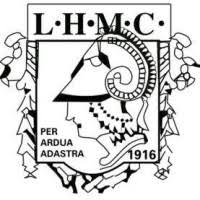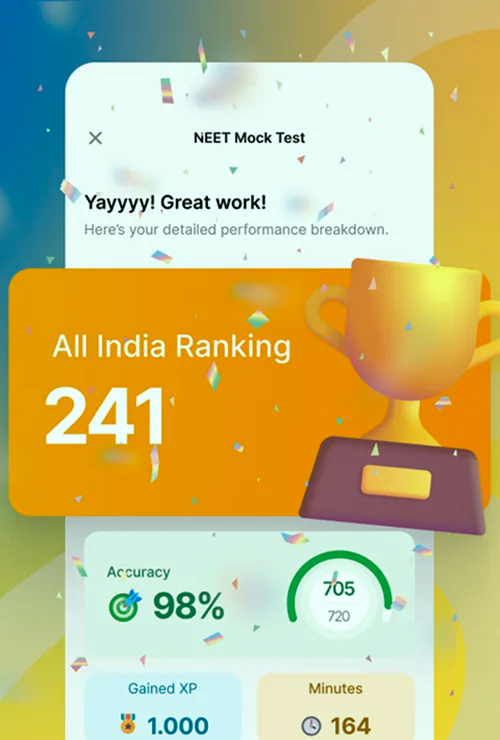General Information
Lady Hardinge Medical College (LHMC) is a premier, historic public Government Medical College located in New Delhi. It was established in 1916 by Lady Hardinge, wife of the then Viceroy of India, with the express purpose of training women medical professionals for India. For many decades, it was one of the few medical colleges open exclusively to women.
Today, LHMC is a constituent college of the Faculty of Medical Sciences (FMSC), University of Delhi (DU). It is administered by the Ministry of Health and Family Welfare, Government of India.
Key Recognitions
Type: Government Medical College (Central Govt.) - Exclusively for Women (at the undergraduate level)
Affiliation: University of Delhi (DU)
Recognition: Fully recognized by the National Medical Commission (NMC)
Established: 1916
NIRF Ranking (2024): Consistently ranked among the top medical colleges in India (e.g., ranked 27th in the Medical category by NIRF 2023).
MCI Recogination
Recognized for 130 seats. Seats increased from 130 to 150 w.e.f. 2008-2009 vide MOHFW letter dated 19.06.2008. Seats increased from 150 to 200 w.e.f. 2011-2012 vide MOHFW letter dated 17.03.2011. Permitted for increase of seats from 200 to 240 under EWS quota (103rd constitution amendment) for 2019-20. Renewal permission granted with 240 MBBS seats for the AY 2024-25.
Campus Facilities
The Campus: A Historic Urban Hub
LHMC operates from a historically significant, integrated campus in central Delhi.
Location: Situated centrally at Shaheed Bhagat Singh Marg, New Delhi.
Campus Vibe: The campus is an established urban center with colonial-era architecture, housing the college and hospital blocks. It's a highly competitive and dedicated academic environment, benefiting from its central location and long history.
Infrastructure & Facilities:
Academic Blocks: Features historic yet functional lecture halls, demonstration rooms, and examination halls.
Laboratories: Well-equipped labs for all pre-clinical and para-clinical departments.
Library: A Central Library with a vast collection of medical books, journals, and digital resources.
Residential Life: Separate hostel facilities are provided on campus, generally available for all students due to the college's residential nature.
Amenities: The campus includes a Health Centre, auditoriums, canteens, and sports facilities.
Hospital & Medical Facilities
Leading tertiary care hospital attached to the institution
Healthcare Pillar: Smt. Sucheta Kriplani Hospital (SSKH) & Kalawati Saran Children's Hospital
The college is attached to two major hospitals that serve as its primary teaching facilities.
Flagship Hospitals: LHMC utilizes two key teaching hospitals:
Smt. Sucheta Kriplani Hospital (SSKH): The main hospital for general medicine, surgery, and OBG.
Kalawati Saran Children's Hospital (KSCH): A large, dedicated pediatric hospital for specialized child health training.
Scale & Services: Combined, these hospitals offer extensive facilities.
Capacity: Total bed capacity is over 1100 beds.
Services: Provides comprehensive tertiary care across all major clinical specialties and numerous super-specialties. It features 24x7 Emergency, Trauma, advanced Critical Care (NICU, PICU), modern Operation Theatres, and extensive OPD/IPD services.
Patient Load: The hospitals handle a very high volume of patients, providing students with rich, hands-on clinical exposure.
Educational Engine: SSKH (for adult medicine) and KSCH (for pediatrics) are the core clinical training grounds for MBBS students and postgraduate residents.
Fee Structure
State University Affordability
Fee Structure: Highly Subsidized Central Government Fees
As a Central Government medical college under the Ministry of Health, the fees are extremely low and highly subsidized.
City Details
Hostel & Mess
Campus Living: Hostel Facilities
Accommodation: Separate hostel blocks are available for female students (UGs) and postgraduate residents. Accommodation is generally available and strongly encouraged.
Amenities: Hostels provide basic furnishings, common rooms, study rooms, and mess facilities.
Dining: Mess facilities are available for all hostellers.
Cost: Hostel and mess fees are additional to the tuition fees but are highly economical.
Hostel Fee (Annual Rent): Nominal (e.g., ~ ₹10,000 - ₹15,000).
Mess Charges (Monthly): Paid monthly based on actual expenses, typically ranging from ~₹3,500 to ₹5,000 per month.
Miscellaneous
Admissions Process: NEET & Central/State Counselling
Getting Admitted (MBBS/MD/MS): Admission is strictly and exclusively based on qualifying ranks in NEET-UG (for MBBS) or NEET-PG (for MD/MS).
Counselling Process: Seat allotment is handled by two different bodies:
15% All India Quota (AIQ): Seats are filled through the MCC (Medical Counselling Committee) counselling, open to female students from all over India.
85% Delhi University Quota (DU Quota): Seats are reserved for female candidates who have completed their 11th and 12th standard from schools in Delhi-NCR. These seats are filled through the MCC Counselling process under the 'Central University' category (specifically Delhi University).
Always check the official DU (fmsc.ac.in) and MCC (mcc.nic.in) websites for counselling schedules and procedures.
Career Pathways & Placements
Career Path: As a premier government medical college, the career path for graduates is excellent.
Internship: MBBS graduates complete a mandatory 1-year rotatory internship at SSKH and KSCH, for which they receive a stipend (approx. ₹26,300 per month).
Post-Graduation: The extensive clinical exposure and the DU/LHMC reputation make graduates highly competitive for PG seats (via NEET-PG/INI-CET) or immediately employable as Medical Officers. The institute offers over 190 of its own PG seats, providing a strong in-house pathway.
Information for NRI / Foreign Nationals
Collage Images Gallery
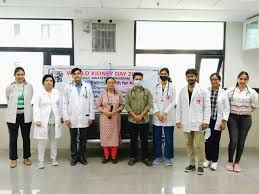
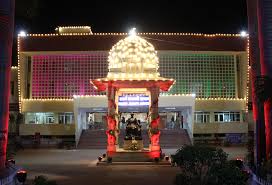
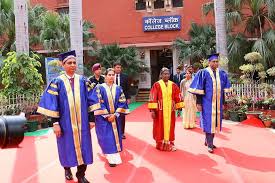

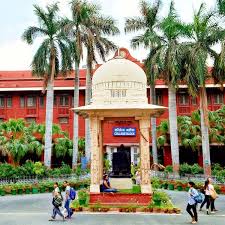
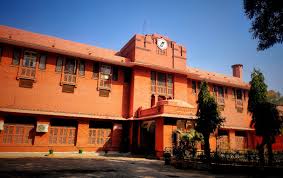
Facilities & Campus Life
Well-equipped Library
Experienced Faculty
Computer Lab
Sports Activities
Heritage Campus
Frequently Asked Questions
Why Consult With Us?
- 15+ years of experience in medical education counseling
- 5000+ students successfully guided
- 50+ partner universities worldwide
- Free initial consultation with no obligation



